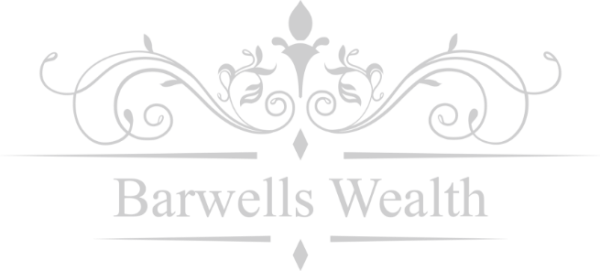
If you’re approaching retirement, you may be looking forward to all the opportunities you’ll have to fulfil the ambitions you’ve been thinking of for many years.
But as well as excitement, you might also be feeling a little bit nervous by the prospect of such a momentous life change. In particular, accessing your pension savings to fund your retirement might feel daunting.
In fact, the majority of people find these decisions challenging. Research reported by MoneyAge has found that more than 75% of UK adults lack confidence when it comes to accessing their pension.
Fortunately, there are a few simple questions you can ask yourself to help you make the most sensible decision for you when accessing your pension. Read on to discover three such questions.
1. Do you have other savings you could use for income first?
The first thing to note is that you don’t have to access your pension as soon as you reach pension age if you’d prefer not to (you can usually access your pension from age 55 in 2024/25, rising to 57 in April 2028).
You may wish to leave your pension invested for longer to give it the opportunity to generate positive returns and grow further before you begin withdrawing from it.
If you have plenty of existing savings, for example in an ISA or cash savings account, you might decide that you’d like to use these before you withdraw from your pension. Indeed, you may find that this approach is more tax-efficient than dipping into your pension straight away.
Remember that any pension funds that you leave invested in the stock market will be exposed to risk, so there’s a chance their value could fall as well as rise. Your financial planner can help you to understand the risks that your wealth is exposed to so that you can make the most sensible decision for you.
2. How important is it to you to have a guaranteed level of income?
If you decide that you are ready to begin withdrawing from your pension, there are a few different ways you can do this. There is no “right” or “wrong” way to do this, though – it all depends on your personal circumstances and goals.
One way you could do this is to purchase an annuity. This is a type of insurance product that you buy, usually with a lump sum from your pension, which then provides you with a guaranteed annual income for the rest of your life (or for the term of the annuity).
This may be helpful if you value having a guaranteed annual income that you can rely on, but it’s not suitable for everyone.
Another option is to withdraw funds using flexi-access drawdown. This offers more flexibility than an annuity, as you can choose how much you withdraw and how often. But it does require you to monitor your withdrawal rate carefully to avoid running out of money too soon.
You could choose to combine these two methods – purchasing an annuity with some of your pension funds, and reserving the rest to access using drawdown later on.
So, understanding whether flexibility or a guaranteed annual income is more important for you could help you to consider how you’d like to access your pension.
Read more: Revealed: the truth behind 4 common misconceptions about annuities
3. What could the tax implications be of taking an income from your pension?
Careful tax planning can help you to make the most of your retirement income, whether you are taking an income from your existing savings, buying an annuity, or using flexi-access drawdown.
By ensuring you pay the correct amount of tax for your circumstances, you can put as much of your retirement income as possible towards achieving the lifestyle you’ve been dreaming of.
So, understanding the tax allowances that apply to you is very important. For example:
- You can usually take up to 25% of your pension pot tax-free.
- After this you may need to pay Income Tax on your pension income at your marginal rate, so large pension withdrawals could push you into a higher tax band.
- If you wish to continue contributing to your pension after you have flexibly accessed it, you may be subject to the Money Purchase Annual Allowance. If you contribute more than this in a tax year, you could trigger an additional tax charge.
Tax rules can be complex, so it may be sensible to consult your financial planner for guidance.
Read more: 5 important tax rules to be aware of to avoid overpaying tax in retirement
Get in touch
Leaving employment and embarking on your retirement can be a significant milestone. We understand that as well as being an exciting time, it can also be challenging and confusing. If you’d like to learn more about how we can support you, please get in touch.
You can email us at financial@barwells-wealth.co.uk or call 01273 086 311.
Please note
This article is for general information only and does not constitute advice. The information is aimed at retail clients only.
Please do not act based on anything you might read in this article. All contents are based on our understanding of HMRC legislation, which is subject to change.
The Financial Conduct Authority does not regulate tax planning.
A pension is a long-term investment not normally accessible until 55 (57 from April 2028). The fund value may fluctuate and can go down, which would have an impact on the level of pension benefits available. Past performance is not a reliable indicator of future performance.
The tax implications of pension withdrawals will be based on your individual circumstances. Thresholds, percentage rates, and tax legislation may change in subsequent Finance Acts.







 Production
Production